Mahdokht Arshadi, the researcher of the project entitled ‘e-waste biological leaning using two types of bacteria’ said “e-waste is a term for electronic products that have become unwanted, non-working or obsolete, and have essentially reached the end of their useful life and need to be recycled or buried.”
“Normally, e-wastes are buried and due to containing harmful metals such as arsenic, mercury, cadmium or lead, upon burial they enter the human food chain and ultimately threaten human health,” noted the researcher highlighting the importance of e-waste recycling.
Arshadi highlighted that in addition to hazardous metals, e-wastes contain certain useful metals as well; “given that gold and copper mines are running out, e-waste marks a good supplying source as a result of containing more than 50 types of metals.”
“So far, e-wastes have been recycled using chemical methods which turn out to be costly,” pointed out the researcher adding “current methods used to extract metals from electronic wastes are expensive and uneconomical leading to production of hazardous biological materials.”
“By exploiting proper methods, the seemingly harmful e-waste can turn into an important alternative to important minerals which are coming to an end,” Arshadi asserted.
She went on to state that “we managed to recycle e-waste through a biological method exploiting two indigenous bacteria in order to extract gold and copper.”
“Consisted of a two-step process on the basis of bio-leaching procedures, the new method is simple, inexpensive and environmentally friendly,” underlined the researcher.
She further enumerated the benefits of the newly-developed biological method including being cost-effective, producing a high rate of value-added as well as preventing environmental problems.
“The method, which won the second bronze of initiative at Kharazmi Festival, has been proposed for the first time in the world,” she maintained.
HA/3011270

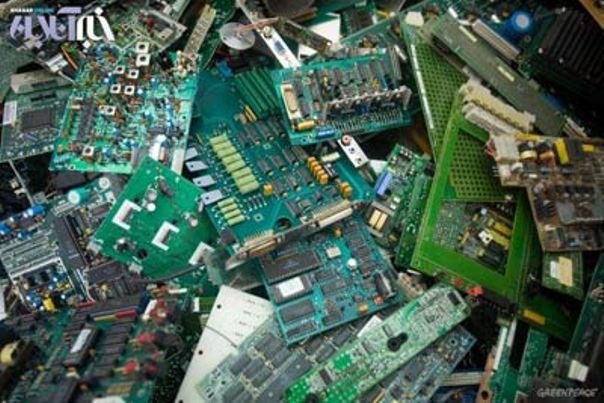
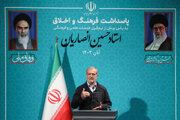

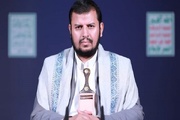
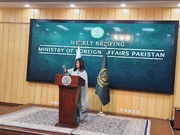
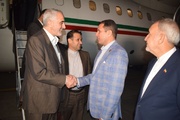
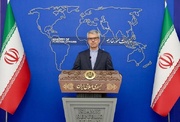
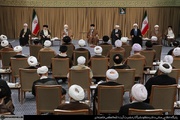
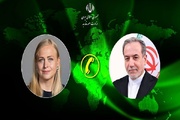


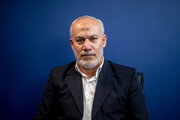
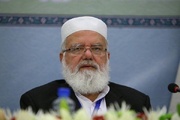
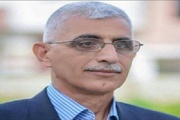
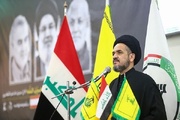


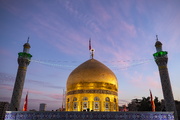
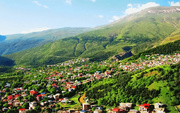

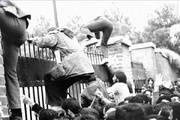
Your Comment